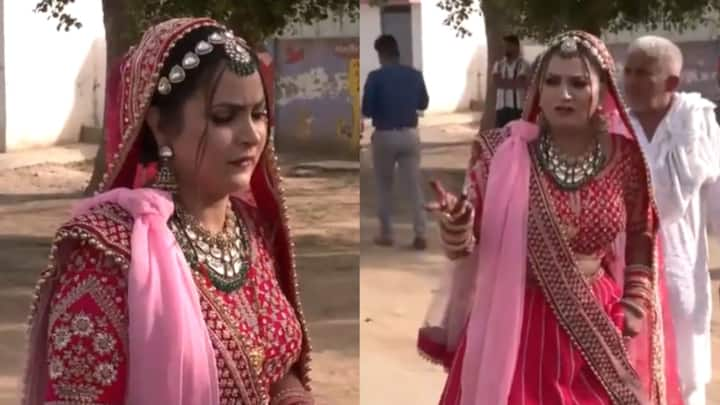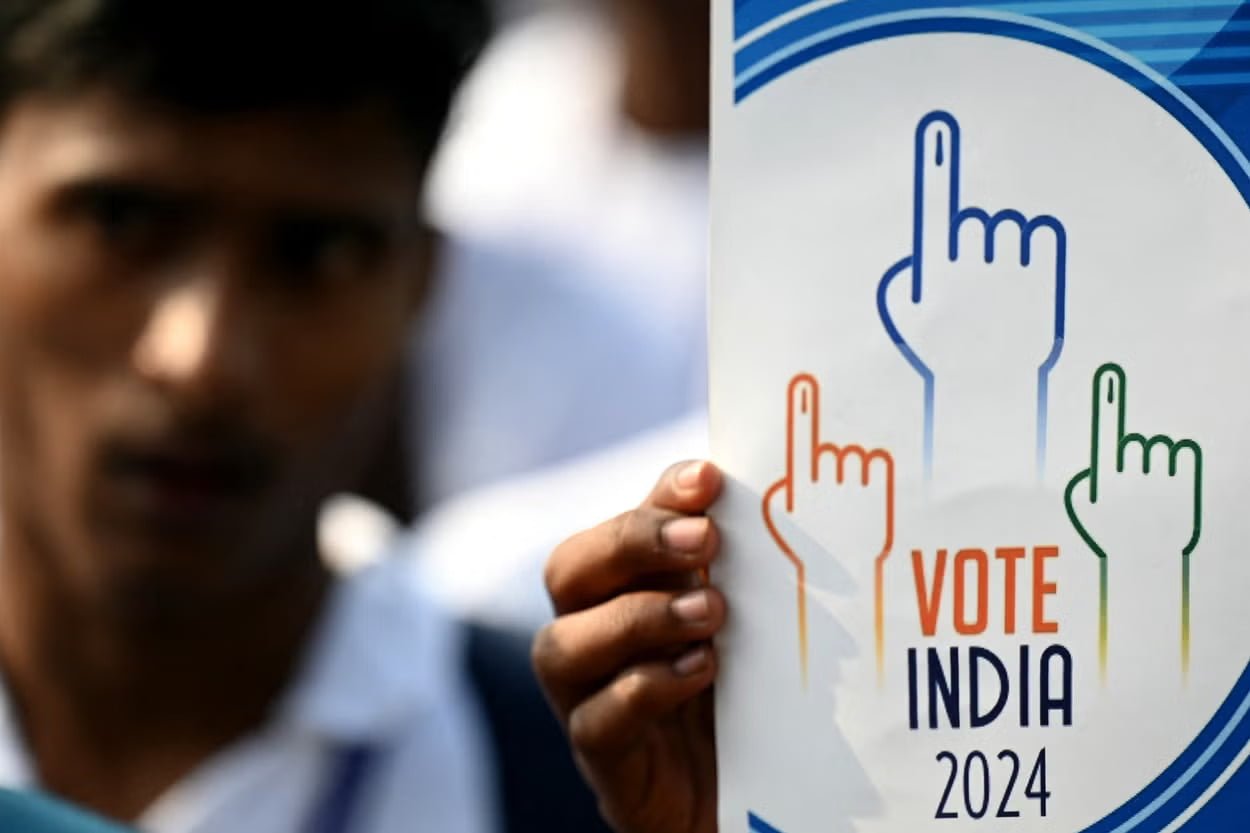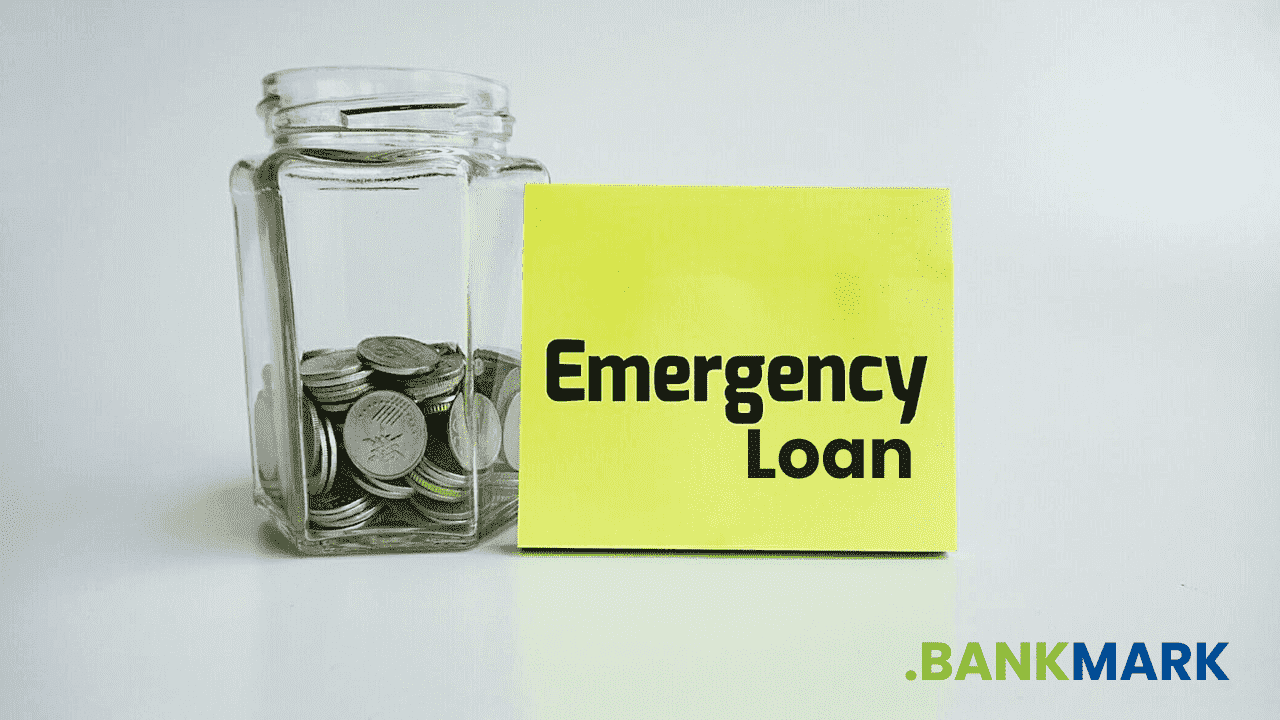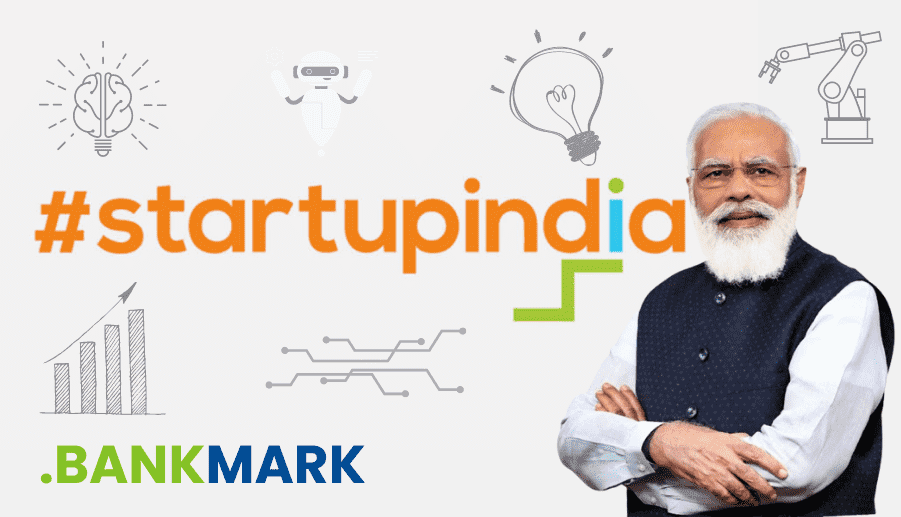The first and biggest round of India’s protracted general election began with polls opening on Friday. Prime Minister Narendra Modi is running for a rare third straight term in this election.
In the most populous nation on earth, polling will take place in seven stages over the course of the next six weeks, with around 969 million people eligible to vote in the largest election in human history.


As Modi’s formidable right-wing Bharatiya Janata Party (BJP) seeks an absolute majority and an order to expand its development and Hindu-nationalist policies implemented during its ten-year rule, the national election is seen as one of the most significant in decades.
India’s economy and culture have changed as a result of these policies, and the BJP’s administration has been characterized by a shift away from India’s secular base and toward Hindu majoritarianism
The 1.4 billion-person nation has developed into a contemporary global power and the largest economy with the fastest rate of growth in the world under Modi’s direction.
However, detractors claim Modi is to blame for the polarization of religion, which has led to an increase in Islamophobia and the persecution of the 230 million Muslims in the nation. It has also been beset by skyrocketing youth unemployment and inequality, especially in rural regions.
Even still, Modi’s popularity is unmatched for a two-term incumbent, and tens of thousands of people regularly attend his rallies.
Friday’s voting opened with a message from the leader. He commented on X, “I implore everyone who is voting in these seats to exercise their right to vote in historic numbers.” “I especially urge young people who are voting for the first time to cast a lot of ballots. Ultimately, each and every voice matters and every vote counts!
Progress and Democracy
The main goals of the BJP’s campaign platform are to create jobs, combat poverty by increasing food handouts and housing projects, and advance national development with an emphasis on women, the underprivileged, farmers, and youth.
By 2047, Modi hopes to have the nation energy independent, a global center for industry, and the result of a vast infrastructure change.
In the global arena, Modi plans to press for India’s bid to host the 2036 Summer Olympics, land an astronaut on the moon, and make India a permanent member of the UN Security Council.
A unified civil code, which would supersede a patchwork of religious and customary norms with a single, universal norm that all people, regardless of faith, would have to abide by, is another promise made by the BJP. The BJP claims to uphold women’s rights, but certain groups fear it may impede their ability to practice their own faith and culture.
The Indian National Congress, the country’s largest opposition party, and its recently established INDIA alliance of parties are taking on the BJP.
But since Modi took office ten years ago, the once-remarkable force in Indian politics has been fading. Furthermore, defections and internal strife are already causing the INDIA coalition to show signs of weakness.
In order to challenge the BJP’s hegemony over the previous ten years, the opposition alliance is counting on a united front.
In its campaign, the Congress party promises “freedom from fear” and swears to uphold the constitutionally guaranteed rights to free speech, expression, and religion.
Additionally, the manifesto places a strong emphasis on justice, equity, and welfare. Among other things, it promises to safeguard religious minorities, recognize civil unions for LGBTQ+ couples, and promote women’s safety and empowerment.
It directly addresses criticisms from rights groups that the BJP is undermining democratic values by pledging to strengthen the independence of the Election Commission and other state agencies, restore media freedom, and examine laws enacted by the BJP “without proper parliamentary scrutiny and debate.”
Who is Voting
The lower house of parliament, or Lok Sabha, has 543 seats up for election, plus the president of the nation has nominated two additional seats.
One of the winning candidates will be named prime minister by the majority party when it forms a government.
Elections will be conducted online on Friday for voters in 21 states and union territories in India. While some states hold their elections over the course of seven phases due to their size, others only hold one polling day.
Uttar Pradesh, which has 240 million voters who participate in all seven phases of voting, is one of the most significant states politically. The largest state in India is a key battleground, with 80 Lok Sabha seats up for grabs.
The southern state of Tamil Nadu, whose headquarters is Chennai, will also hold elections on Friday. There, the INDIA coalition and the regional Dravida Munnetra Kazhagam party will compete to stop the BJP from expanding into an area of India that it has always found difficult to conquer.
Beginning on Friday, voting in all seven stages will also take place in West Bengal, a state with 102 million residents and 42 Lok Sabha seats. The state has long been under the control of the All India Trinamool Congress, led by formidable political figure Mamata Banerjee, and the BJP has found it difficult to gain traction there.
The iconic actor of Indian cinema Rajinikanth was spotted voting in Chennai at a polling place with blue drapes and pink balloons. Throughout the course of a two-decade career, the actor—who is identified with South Indian cinema—has acted in over 160 films.


A bride showed up at a polling place early on Friday in the northern Indian city of Muzaffarnagar, Uttar Pradesh, to cast her ballot. Wearing a traditional wedding dress, a crimson lehenga, and sparkling jewelry, she expressed her desire to back her uncle, who was running for office.
A bride showed up at a polling place early on Friday in the northern Indian city of Muzaffarnagar, Uttar Pradesh, to cast her ballot. Wearing a traditional wedding dress, a crimson lehenga, and sparkling jewelry, she expressed her desire to back her uncle, who was running for office.


“Every citizen has the right to vote in elections,” she stated to the Indian news agency ANI.
On Friday, voters in the Himalayan foothill state of Arunachal Pradesh, in the northeast, will also cast ballots. In a video released by the Election Commission, workers can be seen riding horses through woodlands while transporting election supplies to a far-off voting place.
Election workers carrying bulky boxes were seen on camera crossing lakes to get to voting places in the northeastern state of Meghalaya.
The Andaman and Nicobar Islands, a remote island in the Indian Ocean that is home to native tribes from some of the most isolated societies on Earth, will also hold elections on Friday.
Thus, the northeastern states—that is, Mizoram, Nagaland, which shares a border with Myanmar—as well as the western state of Rajasthan and portions of Manipur, which have been engulfed in ethnic strife for the past year, would also be affected.
The Indian Meteorological Department has forecast heatwave conditions for several polling locations on Friday, including Puducherry and portions of West Bengal. It also predicted very heavy rain in some areas of Rajasthan and Uttar Pradesh.



